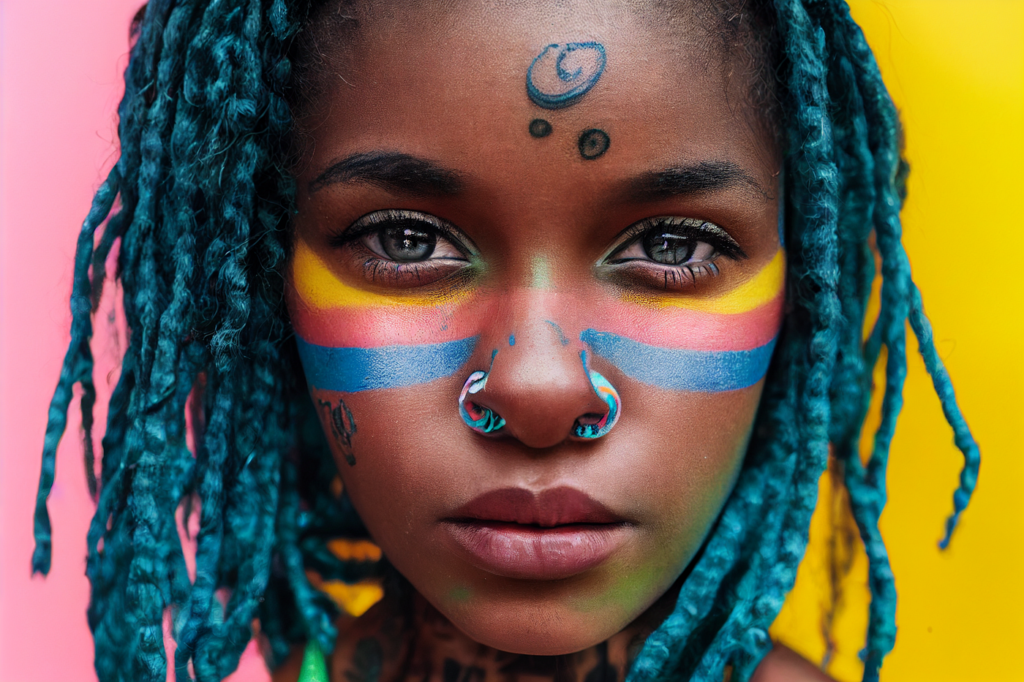Midjourney is set to launch a new web tool that will allow users to edit any image uploaded from the web using its advanced generative AI technology. This enhanced tool, expected to be available next week, will offer users the ability to retexture objects within images and “repaint” colors and details based on text prompts.
The ability to edit existing images with AI has sparked considerable debate recently. Several platforms, such as Meta, have grappled with how to differentiate between images edited using AI tools and those generated entirely by AI models. Meanwhile, companies like Google have introduced powerful AI features without providing clear indicators that images have been modified by artificial intelligence.
Last year, Midjourney committed to incorporating the IPTC’s Digital Source Type property, a standard for embedding metadata in images that flags them as AI-generated. However, unlike many other AI platforms, Midjourney has yet to adopt C2PA, a technology that tracks the entire history of an image, including the tools and software used to create it.
In a post on Midjourney’s Discord server, CEO David Holz revealed that this new image editing tool will initially be available to a select group within the current user base. To ensure responsible use, Midjourney plans to implement stricter human moderation and introduce advanced AI moderation to reduce the chances of misuse.
Holz acknowledged challenges in determining how to regulate this feature effectively, and Midjourney has sought community feedback through a poll to decide which users will gain early access to the tool.
Despite its potential, there are concerns that AI-powered editing tools could contribute to issues like copyright infringement and the rise of misleading deepfakes. The use of AI to create deepfakes has surged, with reports from Clarity, a deepfake detection firm, showing a 900% increase in such content this year compared to last year. Deepfakes have caused increasing alarm due to their potential for spreading disinformation, as seen with fake AI-generated images following Hurricane Helene.
The U.S. currently lacks federal laws addressing deepfakes, though more than ten states have introduced legislation to curb AI-aided impersonation. California’s pending law, if passed, would empower judges to order the removal of deepfakes and impose financial penalties on those responsible.
While Midjourney has faced criticism over its handling of AI and its alleged use of copyrighted materials for training, it has recently implemented measures to limit the spread of politically charged deepfakes, particularly in the lead-up to the U.S. presidential election.

